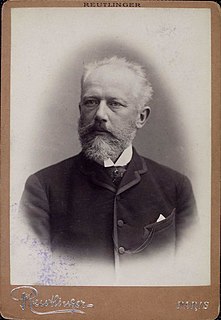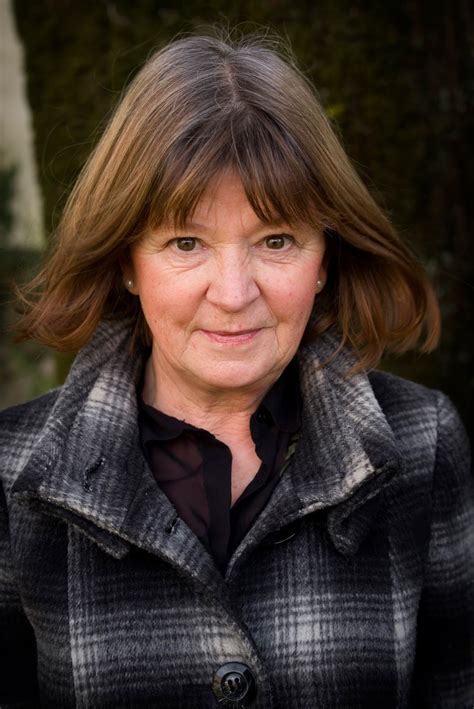A Quote by Soren Kierkegaard
What is a poet? An unhappy man who hides deep anguish in his heart, but whose lips are so formed that when the sigh and cry pass through them, it sounds like lovely music.... And people flock around the poet and say: 'Sing again soon' - that is, 'May new sufferings torment your soul but your lips be fashioned as before, for the cry would only frighten us, but the music, that is blissful.
Related Quotes
A poet is an unhappy creature whose heart is tortured by deepest suffering but whose lips are so formed that when his sighs and cries stream out over them, their sound beomes like the sound of beautiful music . . . . And men flock about the poet saying, Sing for us soon again; that is to say, may new sufferings torture your soul, and may your lips continue to be formed as before.
What lips my lips have kissed, and where, and why, I have forgotten, and what arms have lain Under my head till morning, but the rain Is full of ghosts tonight, that tap and sigh Upon the glass and listen for reply, And in my heart there stirs a quiet pain For unremembered lads that not again Will turn to me at midnight with a cry. Thus in the winter stands the lonely tree, Nor knows what birds have vanished one by one, Yet knows its boughs more silent than before: I cannot say what loves have come and gone, I only know that summer sang in me A little while, that in me sings no more.
As you consider selecting songs for your worship services, consider them in light of the truth of the gospel. Imagine the songs as teachers--because they are! If your people could understand your doctrine only through the music you sing, what would they know about God and His pursuit of us? If your people could understand your church's beliefs only through the music, what would they know?
He smiles sadly. "Now I know my destiny." "What is it?" "This." He draws me in to him in a kiss. His lips are warm. He pulls me tighter in his embrace. The roots sigh and release their hold on my waist and the wound in my side is healed. "Kartik," I cry, kissing his cheeks. "It's let me go." "That's good," he says. He makes a small cry. His back arches, and every muscle in his body tightens.
A poet is wounded into speech, and he examines these wounds, meticulously, to discover how to heal them. The bad poet harangues at the pain and yowls at the weapons that lacerate him; the great poet explores the inflamed lips of ruined flesh with ice-caked fingers, glittering and precise; but ultimately his poem is the echoing, dual voice reporting the damages.
How can one express the indefinable sensations that one experiences while writing an instrumental composition that has no definite subject? It is a purely lyrical process. It is a musical confession of the soul, which unburdens itself through sounds just as a lyric poet expresses himself through poetry...As the poet Heine said, 'Where words leave off, music begins.'
Poetry itself is music. I'm just lucky that I can convert it into music. William Blake is my favorite poet of all time, and he said that he wasn't quite familiar with the sounds of music. If so, he would have been a musician. All of his poems are all like songs, and that's how I always try to start my thoughts.
There is not much talking now. A silence falls upon them all. This is no time to talk of hedges and fields, or the beauties of any country. Sadness and fear and hate, how they well up in the heart and mind, whenever one opens pages of these messengers of doom. Cry for the broken tribe, for the law and the custom that is gone. Aye, and cry aloud for the man who is dead, for the woman and children bereaved. Cry, the beloved country, these things are not yet at an end. The sun pours down on the earth, on the lovely land that man cannot enjoy. He knows only the fear of his heart.
it may not always be so; and i say that if your lips, which i have loved, should touch another's, and your dear strong fingers clutch his heart, as mine in time not far away; if on another's face your sweet hair lay in such a silence as i know,or such great writhing words as, uttering overmuch, stand helplessly before the spirit at bay; if this should be, i say if this should be- you of my heart, send me a little word; that i may go unto him, and take his hands, saying, Accept all happiness from me. Then shall i turn my face,and hear one bird sing terribly afar in the lost lands.






































